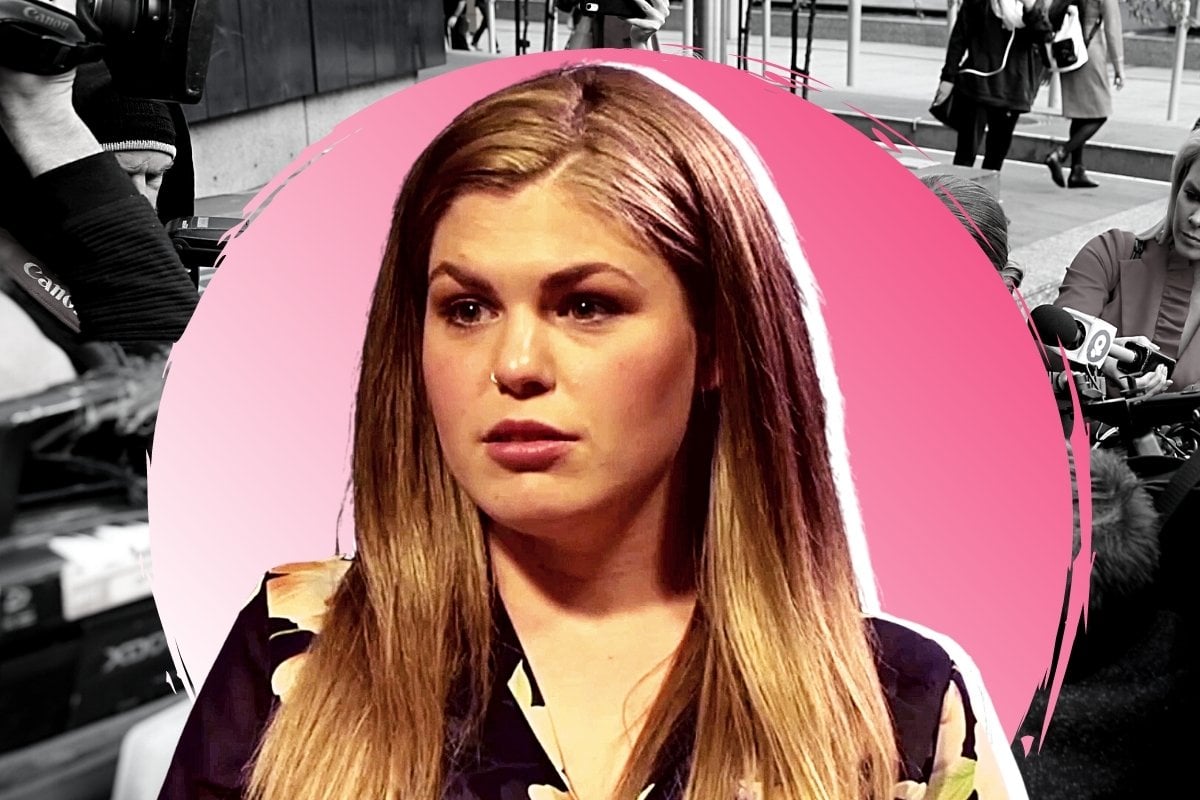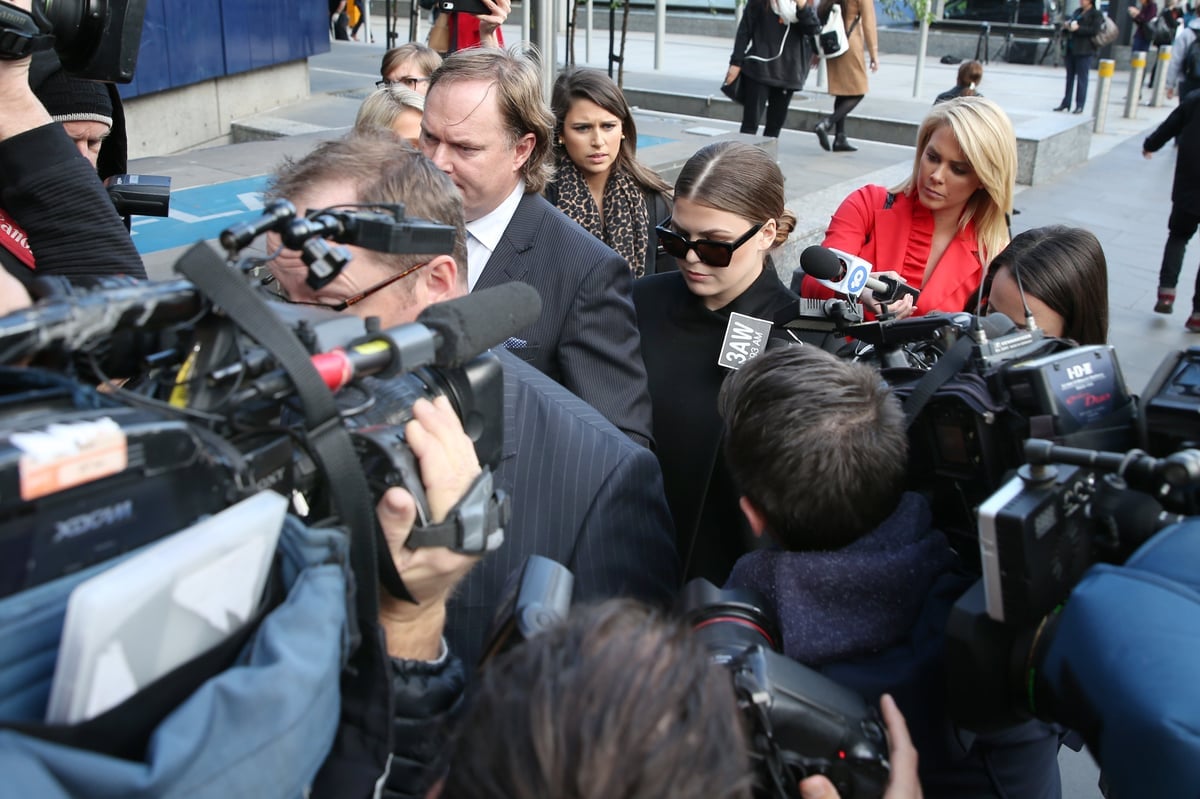
"None of it's true."
Those were the words so many had been waiting to hear from the lips of Belle Gibson.
This was a woman who'd earned more than $420,000 and more than 200,000 social media followers based on claims she had treated her terminal brain cancer with diet and lifestyle changes. A woman whose popular app, The Whole Pantry, was picked for the launch of the new Apple Watch, who'd secured a book deal, won awards, and inspired countless cancer sufferers to shun conventional treatment.
But by the time she sat down with The Australian Women's Weekly in April 2015, her empire was already beginning to crumble.
The previous month, Fairfax journalists uncovered that, while Gibson claimed to have donated $300,000 from app sales to charity, no money had been handed over. In fact, her entire story was in doubt. Even her illness.
Then, finally, came the admission. The cancer, the self-healing...
"None of it's true," she told AWW journalist Clair Weaver.
"I am still jumping between what I think I know and what is reality. I have lived it, and I'm not really there yet."
The biggest question. Why?
Gibson's deception made headlines around the world, as the press and the public tried to understand one thing: why did she do it?
The mother of one has offered little explanation for her deception in the years since.
In the AWW interview she pointed only to a "troubled" childhood, she said she never met her father and claimed that, from a young age, she was given the responsibility of caring for her Multiple Sclerosis-suffering mother and a brother with Autism Spectrum Disorder.


Top Comments